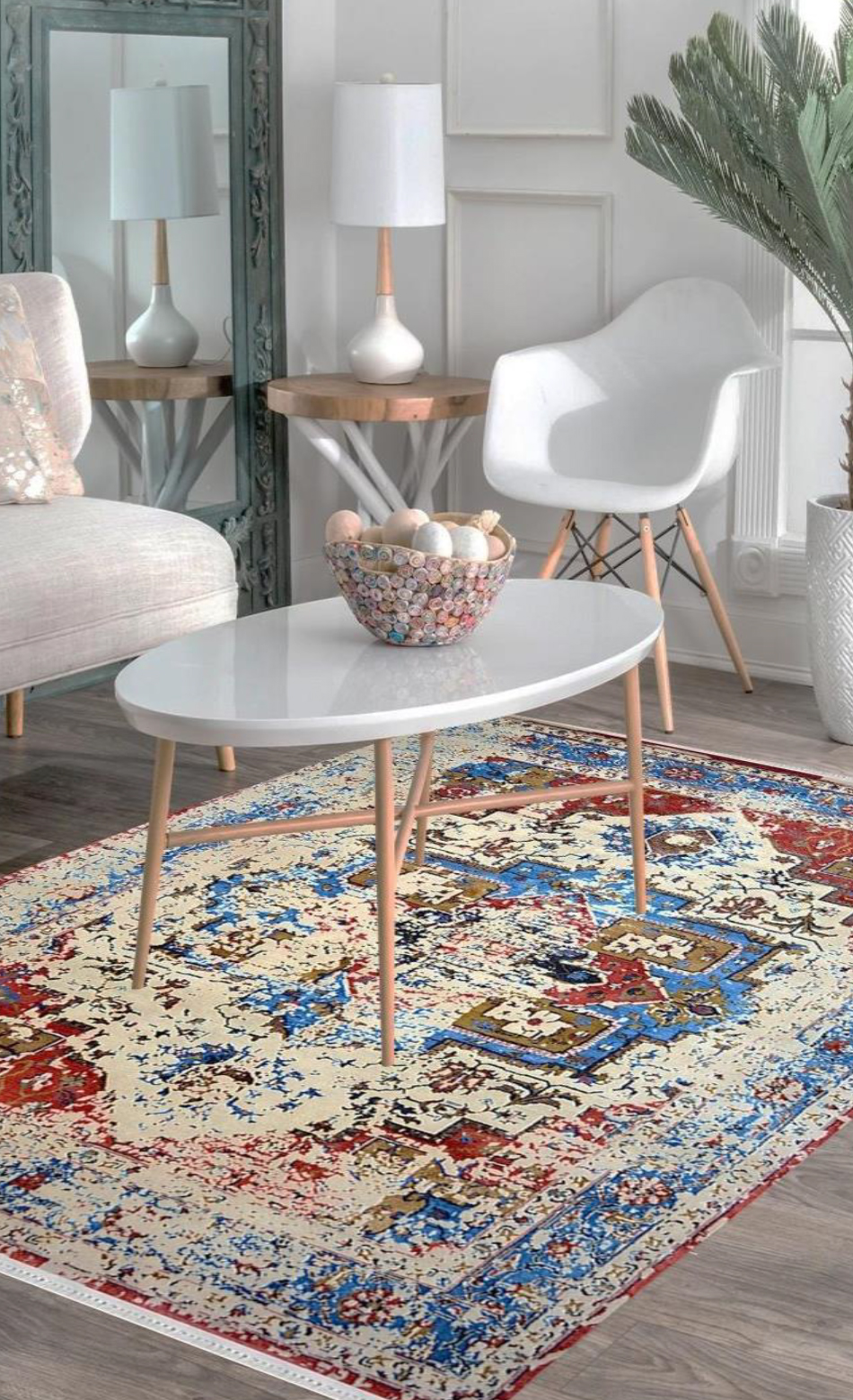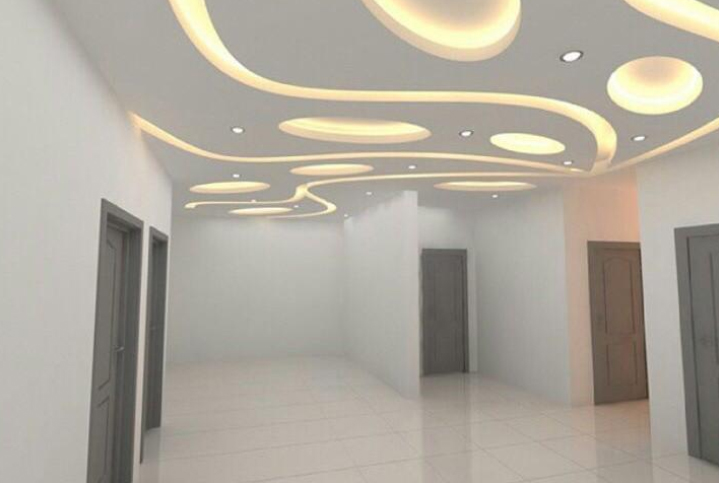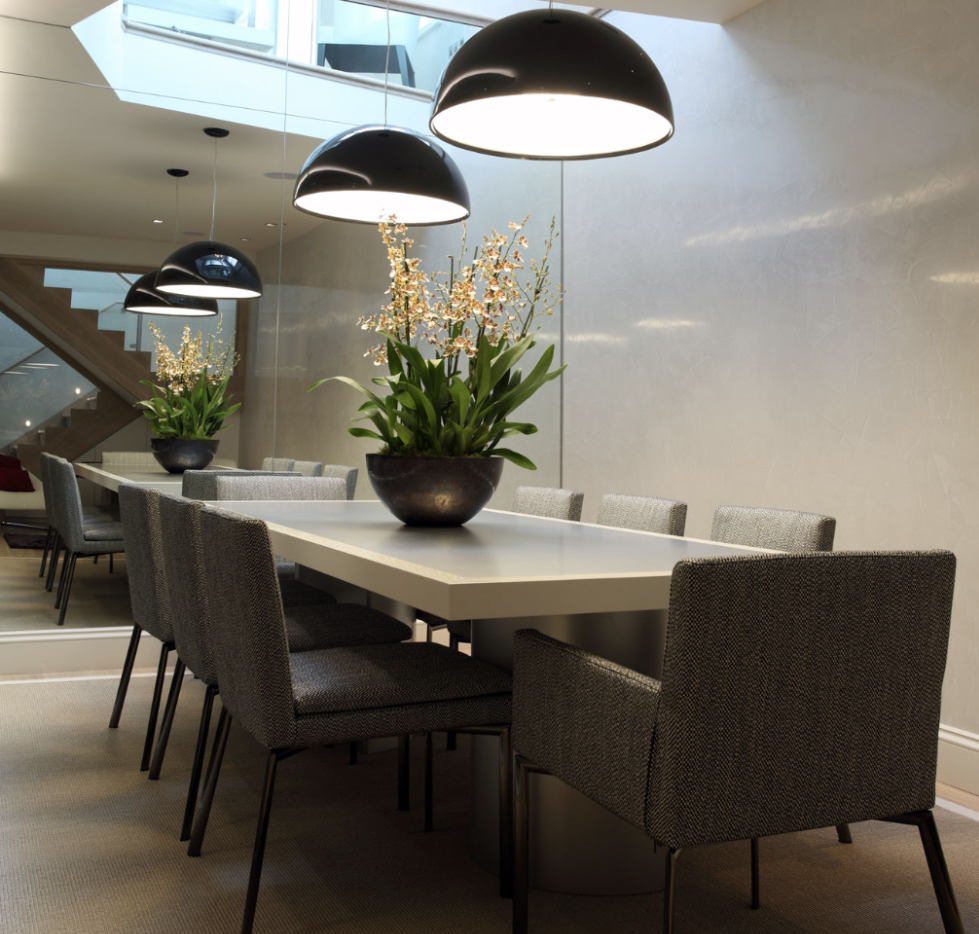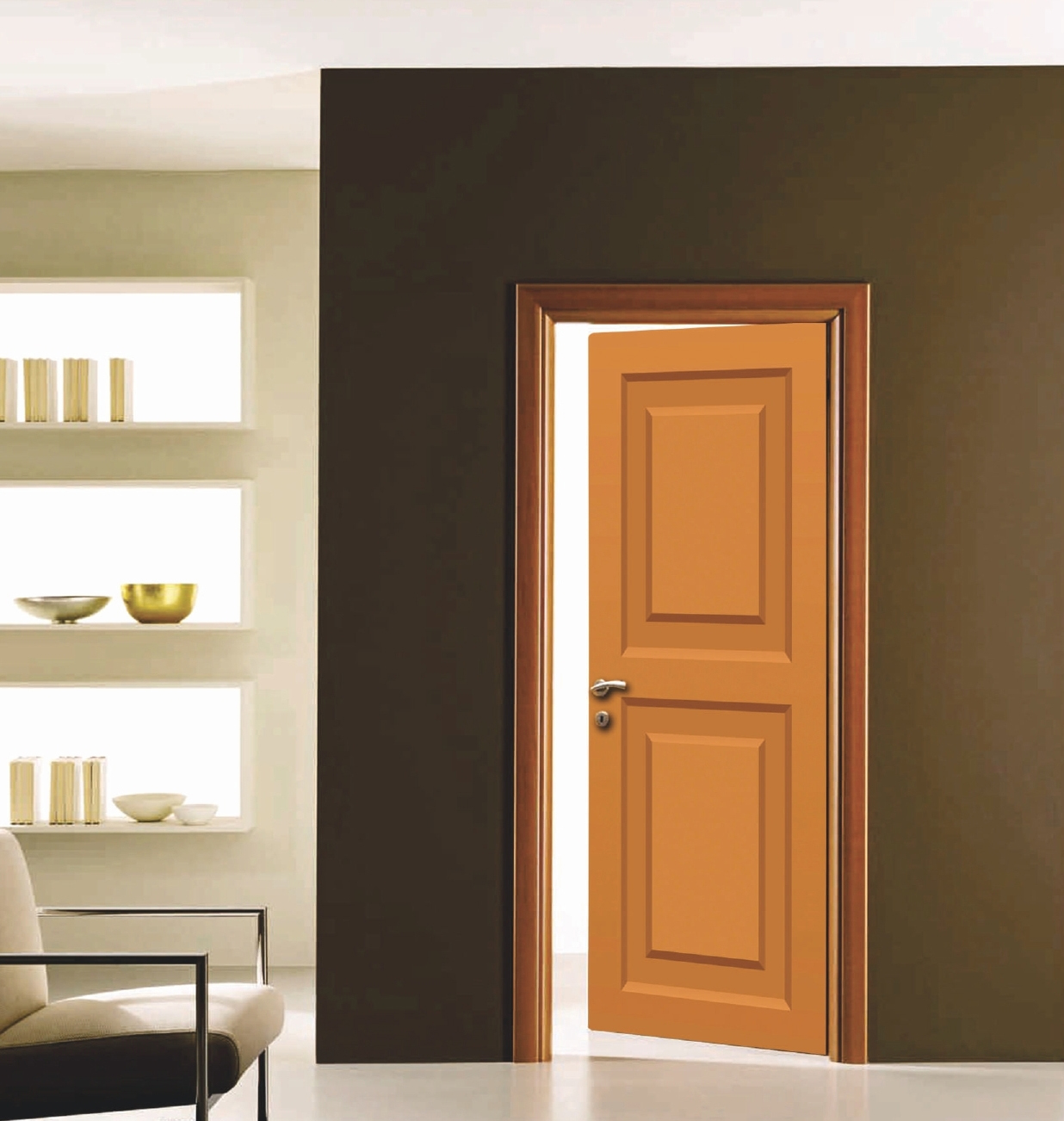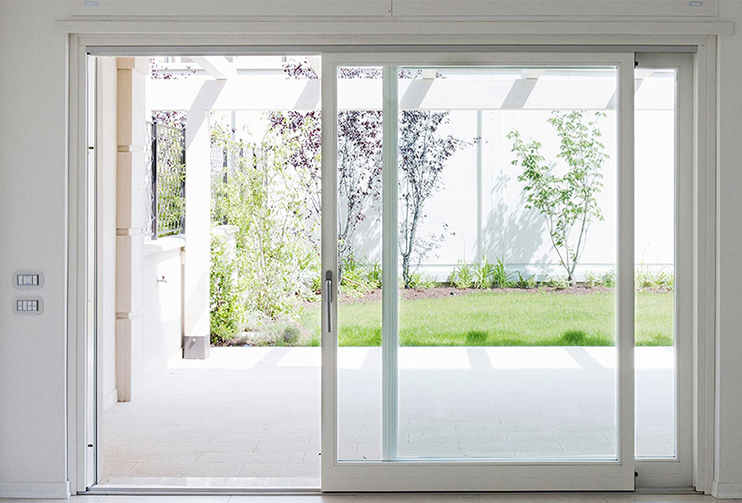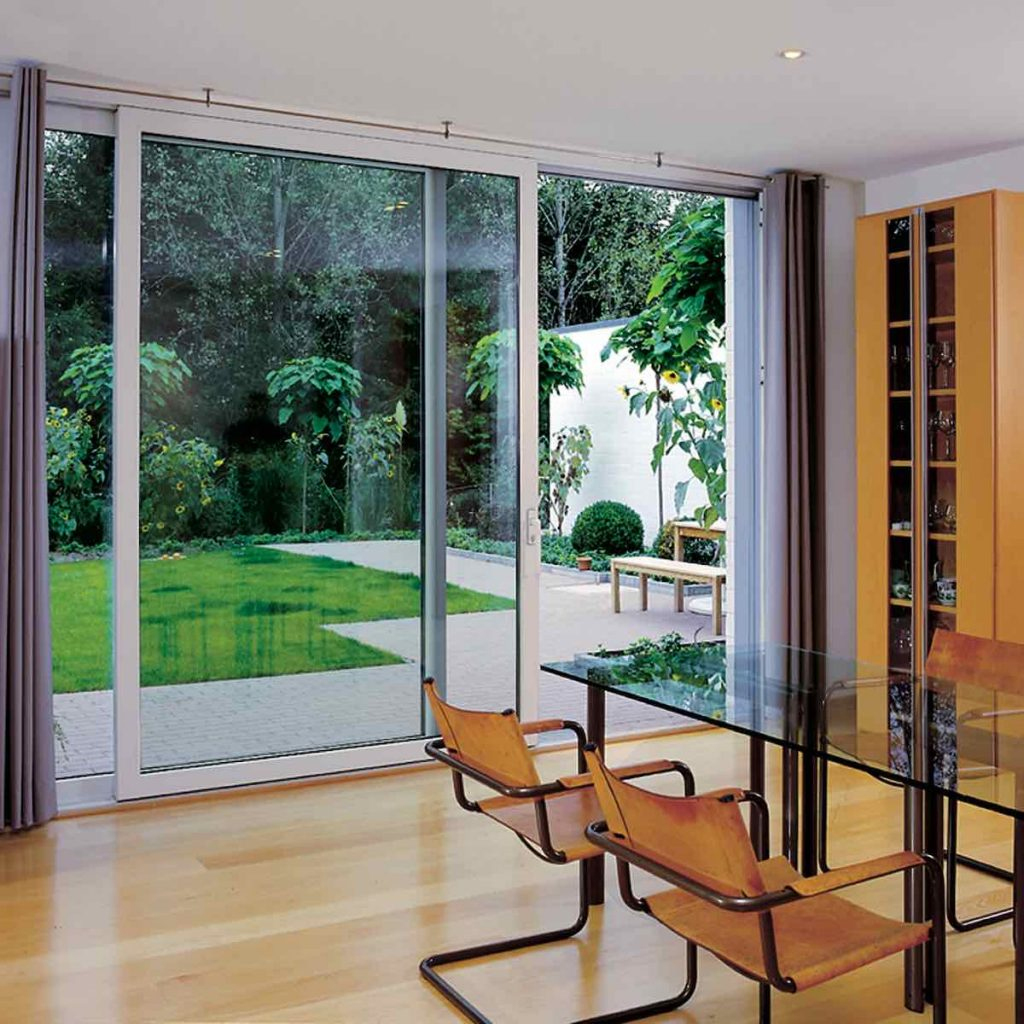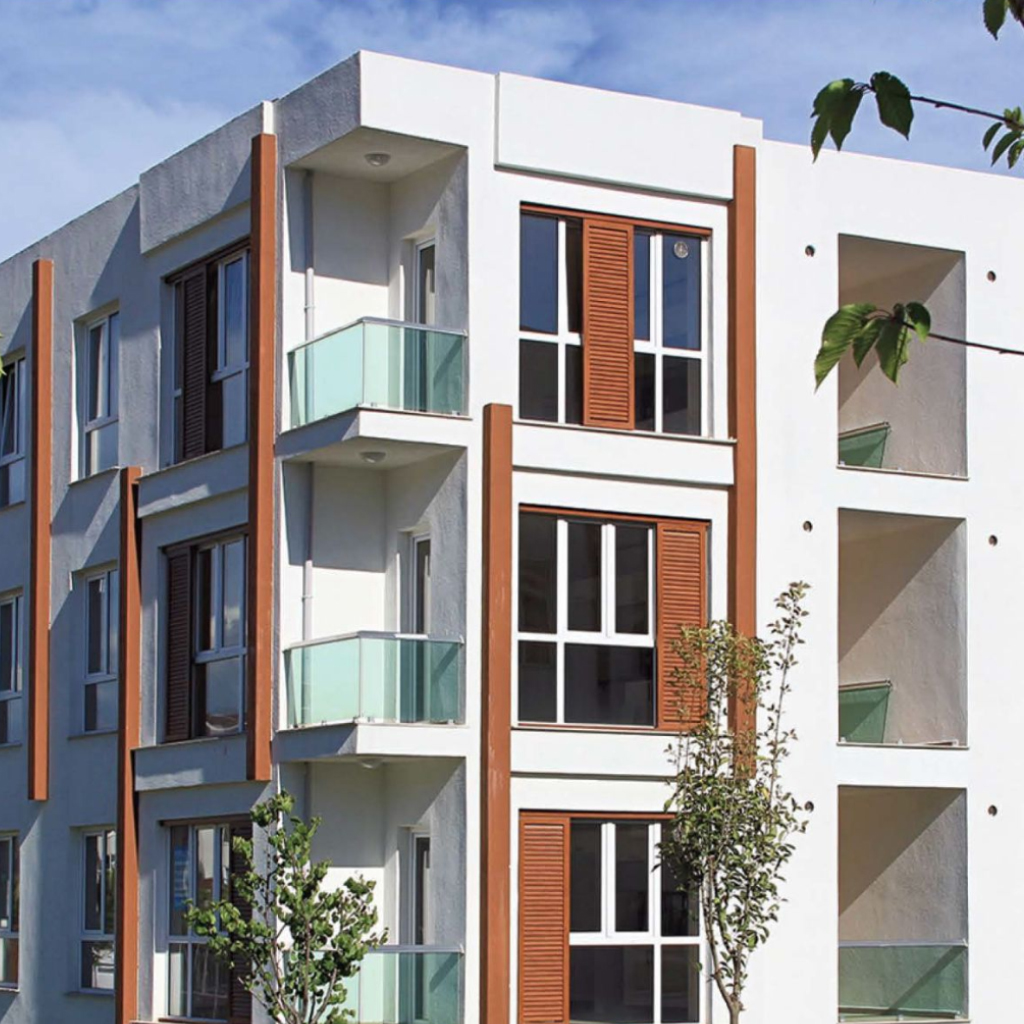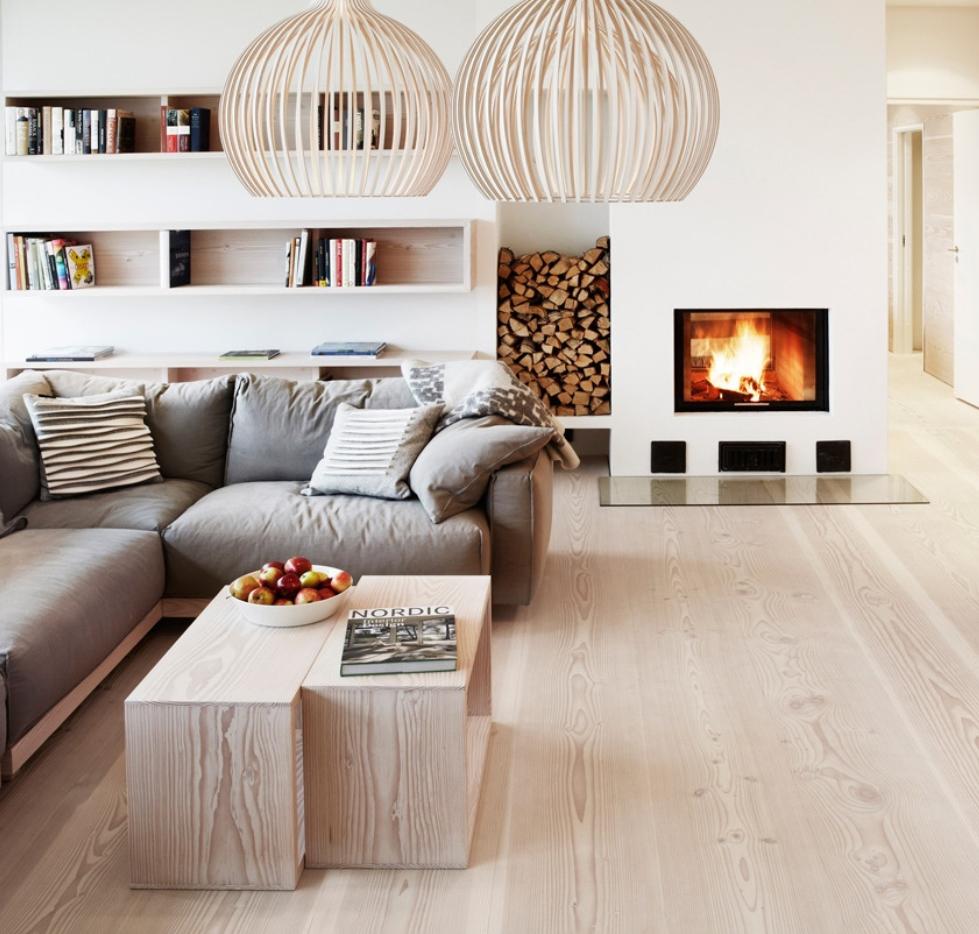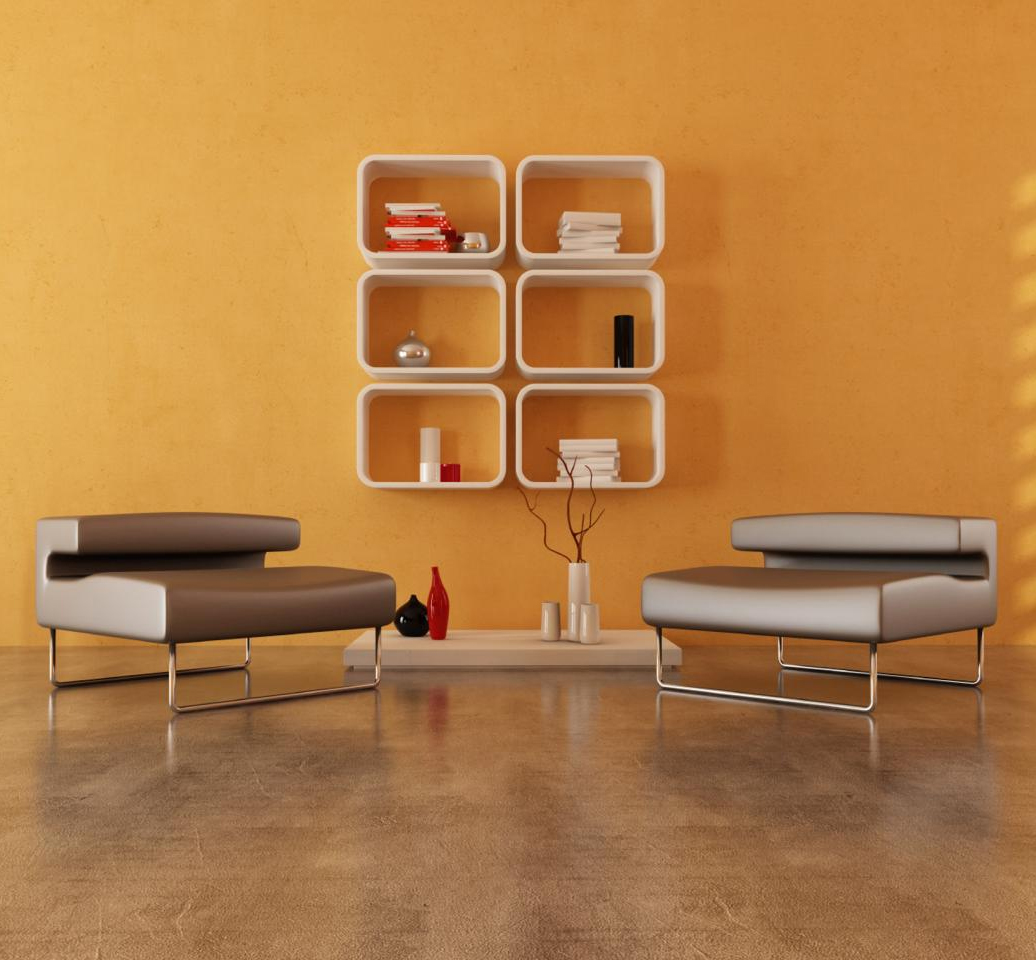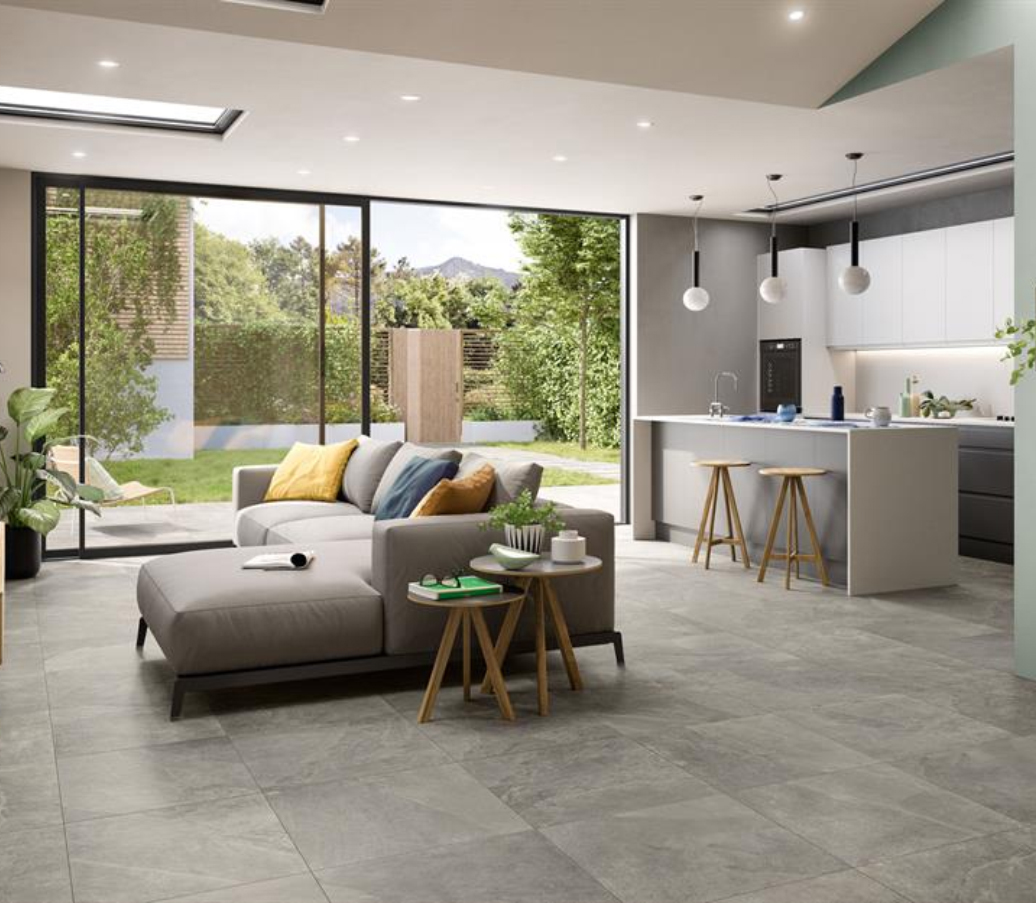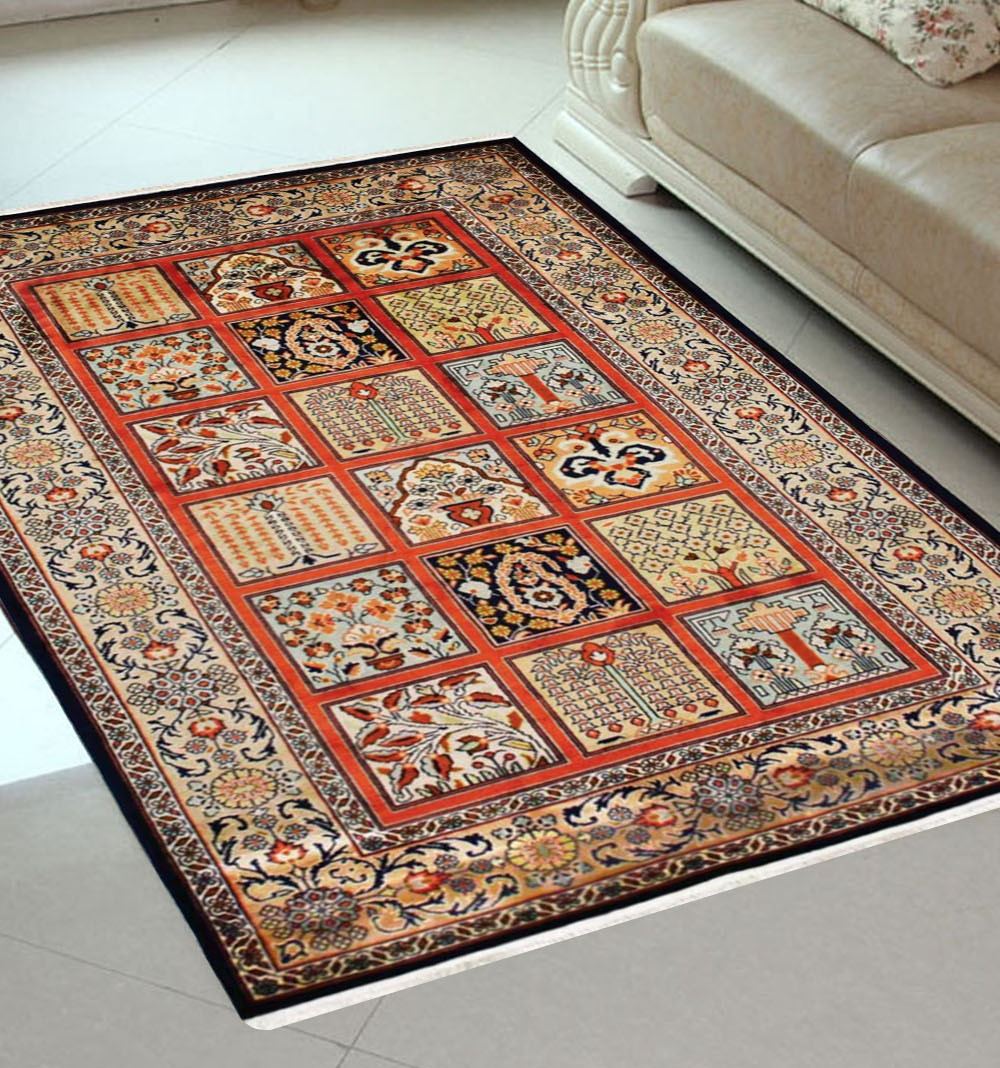Interior Decorating When building a custom Project with DCC we provide you with a comprehensive color selection service offering you opportunity to customize your new Project.
“Your dream house it should represent the personality of you and your family”
At DCC our experienced will offer professional advice on products, finishes and color options as well as guide you through your selections making your color, styling and theme selection process both easy and enjoyable.
Our aim is to help you personalize your new project using our options with something to suit everyone.
Organic fibres are added to some asbestos-cement boards to promote resiliency and ease of machining, and boards can also be treated with curing agents, water-repellent admixtures, and a variety of other substances to improve their performance and the ease with which they can be worked. Thin asbestos-cement sheets are usually backed with plywood or insulating board to increase their resistance to impact.
One of the most common drywall types is the gypsum panel. Gypsum, a natural mineral in crystalline form, is a hydrous sulfate of calcium. Gypsum board contains a gypsum rock core sandwiched between two layers of special paper. In fire-resistant panels, required for many types of construction, glass fibres are mixed with the gypsum base. Panels manufactured with an aluminum backing are used for insulation. Gypsum drywall is manufactured both unfinished and finished with a variety of vinyl and other finishes in permanent colours and textures that require no additional treatment to complete the appearance of interior wall surfaces.
There are various characteristics of WPC board which are listed below:
- The appearance and feel resembles to that of a natural wood.
- It requires less repair and maintenance as it does not distort/bend or chip off in small pieces like natural wood.
- It is highly resistant to moisture and hence a highly durable material.
- It also has resistance to termite and fungus.
It does not corrode easily and does not decay or lose its constituents. As it is made up of recycled plastic and waste wood, hence it is sustainable and green material. There is a greater hold of nails, screws and fasteners when used with WPC in comparison with natural wood.
Cost-effective
One of the biggest attractions for homeowners to uPVC is the price. It’s often the preferred option for people on a budget as not only is it cheaper to buy upfront but it doesn’t require costly maintenance.
Strong & Secure
Modern uPVC doors have galvanized steel cores which are very difficult to break – meaning your home will be more secure against intruders. You can further increase the level of security with a multi-chamber lock mechanism.
Easy to Maintain
uPVC doesn’t face the same problems of warping or rotting that a timber door does so it’s very well suited to the UK’s slightly drizzly and damp climate. It’s also really easy to maintain as all that’s needed is a wipe down with a household cleaner when it starts to look dirty.
Great for Insulation
Insulation and a reduction in condensation is another big benefit of replacement uPVC doors. Not only will they help to keep your home warmer (or cooler in the summer months), they will also insulate against noise – making them ideal if you live near a busy road. They are also a great deal more resistant to fire than their timber counterpart.
Energy Efficient
As a result of their excellent insulation properties uPVC doors can also help to lower your heat losses which means you’ll need to spend less money heating your home and will burn less fuel. That’s good news for both your wallet and the environment.
LVT vs WPC Vinyl Differences
Construction – The construction of LVT and WPC vinyl is the biggest difference between these two types of vinyl. A vinyl floor has a simple PVC core that is a rubber product, allowing it to move easily and be flexible. A WPC vinyl has a core made of a wood plastic composite, that gives the floor a solid, stable feel.
Plank Thickness – WPC vinyl floors will be thicker than a standard LVT vinyl. WPC vinyl flooring usually ranges from 5mm to 8mm, while a traditional LVT will be 4mm or less.
Sturdiness – With the difference in core materials, the WPC vinyl is going to be significantly more dimensionally stable than a traditional LVT. The sturdiness aids in helping the floor feel softer underfoot and be more resilient with dents and wear.
Appearance – WPC vinyl flooring is made with the latest digital imaging technology and has a similar look and feel to hardwoods and stone tiles. When it comes to traditional LVT, these floors have more of a vinyl look and feel due to the thin plank structure. Higher end traditional LVT will have a realistic top imaging appearance, but budget LVT options will not look as realistic as a WPC vinyl floor.
Subfloor – A traditional vinyl is thin and flexible, which makes it less forgiving with subfloor imperfections. With a WPC vinyl, you have a thicker plank that will compensate for most minor subfloor imperfections.
Installation – You can find traditional LVT planks with a glue down, loose lay or click lock installation. For most WPC vinyls on the market, they will be a DIY click lock system.
Comfort Under Foot – Due to the construction of the rigid cores, the WPC vinyl will be softer on the foot than an LVT vinyl. WPC vinyls use a foaming agent within the core to give it added cushion. A traditional LVT vinyl will be thin and will not add much support on top of the subfloor. Underlayments can be used for both traditional LVT and WPC floors as long as they are 4mm or thicker.
Dent Resistance – Traditional LVT floors are soft and pliable, which means heavy furniture can easily dent the material. A WPC vinyl will not be as easy to dent due to the rigid core construction.
Price – A traditional LVT floor will be less expensive than a WPC vinyl. If you’re looking for a budget friendly option, a traditional LVT will be your best bet. If you’re looking for something more substantial, it is worth the extra cost per square foot to upgrade to a WPC vinyl.
Traditional LVT vs WPC Vinyl Similarities
100% Waterproof – Both the traditional LVT and WPC vinyls are 100% waterproof. These floors will not have damage or fluctuate when exposed to moisture.
Available Decors – Although the look and feel of traditional LVT and WPC vinyl will differ, each of these floors come in a wide variety of looks, decors and colors. You can find planks in any style you are seeking!
Application – Traditional LVT and WPC vinyls can be installed below, on and above grade. They are perfect for areas such as kitchens, laundry rooms, bathrooms and basements. Each type of vinyl is also great for commercial applications.
Maintenance & Cleaning – Cleaning and maintenance is a breeze with traditional LVT and WPC vinyl flooring. Regular sweeping mixed with occasional deep cleaning is all you need to keep these floors looking great.
PRIMARY FLOORING CHOICE
- Relatively inexpensive
- Comfortable underfoot
- Easier to install and replace
- Fashion options to meet every style and décor
- Warmer, softer and quieter
CARPET ADVANTAGES
- Soft under foot
- Easy on kids knees
- Quieter than hard surfaces floors
- Wide variety of colors, tones and hues
- Easy to decorate with
- Hides sub-floor irregularities
- Can go over a variety of substrates
- Can go on all grade levels
- Economical and installation costs less than hard surface


